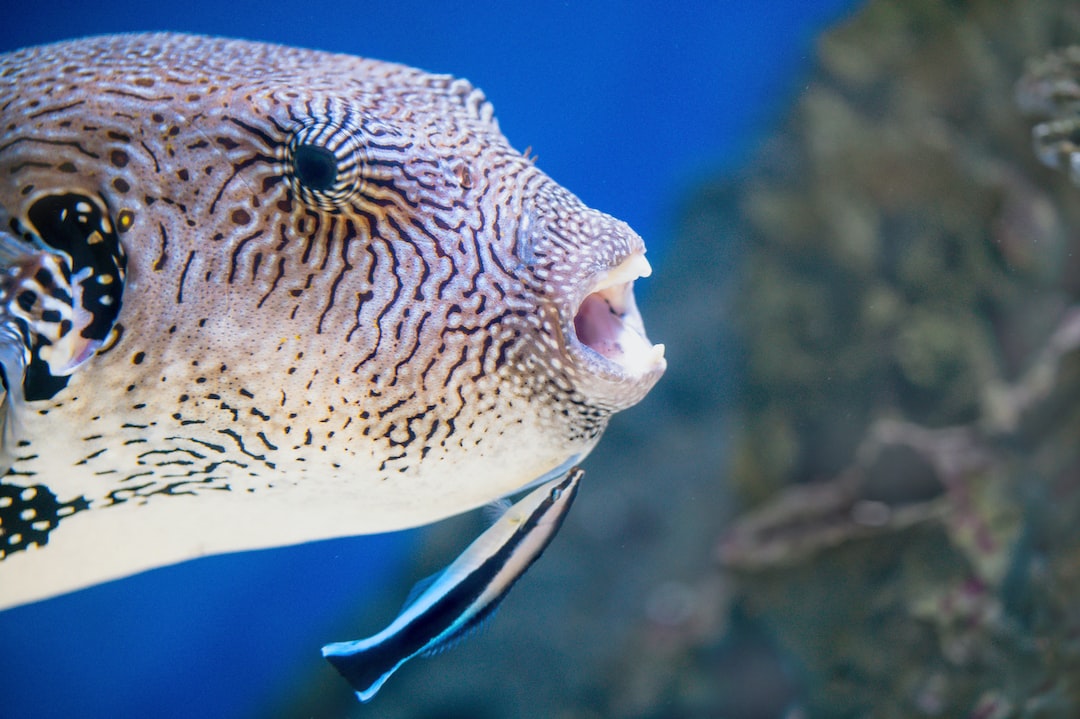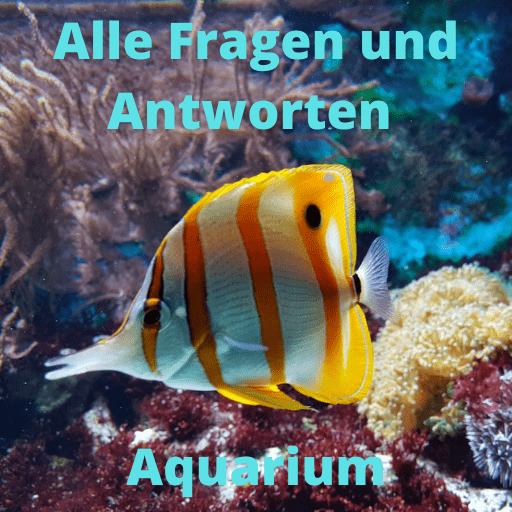25 Aussergewöhnliche Antworten zu What Should The Alkalinity Be In A Reef Tank?

- 25 Aussergewöhnliche Antworten zu What Should The Alkalinity Be In A Reef Tank?
- What is too low of alkalinity for a reef tank?
- How do you stabilize alkalinity in a reef tank?
- Is 7 dKH too low for a reef tank?
- Do corals consume alkalinity at night?
- Do soft corals use alkalinity?
- How fast can I raise ALK in reef tank?
- How do I raise the ALK in my reef tank?
- Does all for reef raise alkalinity?
- Do anemones need alkalinity?
- Does adding calcium lower alkalinity?
- Does raising alkalinity raise pH in reef tank?
- How much can you raise alkalinity in reef tank?
- Does temperature affect alkalinity in reef tank?
- Does temperature affect dKH?
- Can high alkalinity hurt coral?
- Does high alkalinity hurt fish?
- How does alkalinity affect corals?
- How do I bring the alkalinity down in my fish tank?
- Is 14 dKH too high?
- Does adding calcium lower alkalinity?
- Does dosing calcium reduce alkalinity?
- Why is my fish tank alkalinity so high?
- What causes high alkalinity in fish tank?
- Does lowering pH lower alkalinity?
What is too low of alkalinity for a reef tank?
Reef Tank Alkalinity Range
Typical home reef aquariums require alkalinity be maintained between 8 and 12 dKH. Natural reefs have a dKH between 8 and 9 but a healthy aquarium reef can drift to as high as 12 dKH without worry.
How do you stabilize alkalinity in a reef tank?
The easiest and most popular way to maintain calcium and alkalinity levels in a reef aquarium is to use balanced 2-part calcium and alkalinity supplements. We recommend 2-part supplements, such as BRS Bulk Pharma, that contain calcium and alkalinity in balanced ratios, along with trace elements.
Is 7 dKH too low for a reef tank?
Natural Seawater is about 7 dkh. We recommend 7 -11 dkh because our tanks are not the ocean. You corals will not be in danger at 7 dkh. That is unless, your test kit isn’t testing accurately.17.06.2007
Do corals consume alkalinity at night?
Yes, assuming conditions are favorable, stony corals will grow at night, therefore will consume calcium and carbonate alkalinity.11.06.2018
Do soft corals use alkalinity?
While many soft corals do use calcium and alkalinity to form internal structures made from calcium carbonate, Xenia seems to have few if any such structures.
How fast can I raise ALK in reef tank?
1.4 dKH a day
But how fast can I raise alkalinity in a reef tank? Generally, by no more than 1.4 dKH a day. Given just how important alkalinity is in a reef tank, it is important to test it every week, too. In aquariums, all alkalinity is measured in dKH (degrees of carbonate hardness).07.02.2022
How do I raise the ALK in my reef tank?
2:27
8:36
And get my alkalinity back up one of the simplest. And safest most commonly used solutions is justMore
Does all for reef raise alkalinity?
All-For-Reef
Increase the daily dosage by continuous control of the alkalinity weekly by 2.5 ml per 100 liters (26 US-gal) of aquarium system volume, until a constant carbonate hardness of 7 to 9…
Do anemones need alkalinity?
Alkalinity is more important to anemones than calcium, but calcium and alkalinity need to be balanced in any marine system growing inverts. It’s very important to grasp this basic understanding before attempting anything.09.09.2006
Does adding calcium lower alkalinity?
If, for example, you add too much of a calcium supplement, you will drive down alkalinity as you get precipitation of calcium carbonate in the tank. Likewise, adding too much of an alkalinity supplement can result in reduction of calcium.15.11.2002
Does raising alkalinity raise pH in reef tank?
Raising the alkalinity, even if it still has the „excess CO2“ in it, will raise pH by moving the aquarium parameters along the green line in Figure 4, to a pH of about 8.1 at an alkalinity of 4.5 meq/L (12.6 dKH).
How much can you raise alkalinity in reef tank?
You can dose all that you tank needs in a day, although if you have a huge need, it may be best to spread it out. That might be 0.1, 1, 2, or 5 dKH per day. The idea is the average level shouldn’t be rising more than 1 dKH per day (or whatever level folks are thinking is best).02.06.2016
Does temperature affect alkalinity in reef tank?
They may consequently use more oxygen, carbon dioxide, nutrients, calcium and alkalinity at higher temperatures. This higher metabolic rate can also increase both their growth rate and waste production at higher temperatures. Another important impact of temperature is on the chemical aspects of the aquarium.
Does temperature affect dKH?
My ph went from 8.3-8.5 down to 7.9- 8.0 and my dkh consumption dropped by almost a whole point per day. But temperature does have an effect on ph, the colder the water the more oxygen it can hold the more CO2 it can release increasing the ph (or at least that’s my understanding of it).27.07.2019
Can high alkalinity hurt coral?
Reef Chemist
As best I can gather, elevated (stable) alkalinity doesn’t usually harm most corals except in ULNS SPS systems, at least in the range up to about 12 dKH. Few tanks are stable long term at levels above that to really have much info.07.02.2015
Does high alkalinity hurt fish?
High alkalinity is just as bad, as it dissolves the protective mucus layer covering fish, leaving them vulnerable to burns and bacterial infections. It also causes them to lose control over their swim bladders.
How does alkalinity affect corals?
10:18
22:55
And the fact that the corals coraline algae and inverts are constantly soaking up alkalinity fromMore
How do I bring the alkalinity down in my fish tank?
The fastest, easiest way to reduce alkalinity is to dilute the aquarium water with purified, low-mineral water. Reverse-osmosis or RO units produce water with almost no dissolved minerals. You can add this water to the aquarium to water down the overly alkaline water.
Is 14 dKH too high?
14 dKH is high, but you’ll do more harm if you just drop it down to 10 in an hour vs letting it drop over over time. 2.30.01.2017
Does adding calcium lower alkalinity?
If, for example, you add too much of a calcium supplement, you will drive down alkalinity as you get precipitation of calcium carbonate in the tank. Likewise, adding too much of an alkalinity supplement can result in reduction of calcium.15.11.2002
Does dosing calcium reduce alkalinity?
High Alkalinity and Normal or High Calcium
Slightly reduce the amount of alkalinity being added to the tank. The coral will consume the alkalinity and bring the alkalinity level back down.04.07.2021
Why is my fish tank alkalinity so high?
The most common cause of high alkalinity in a fish tank is simply using tap water to fill the tank. Tap water usually contains high levels of minerals, which can quickly raise the alkalinity of a tank.
What causes high alkalinity in fish tank?
Untreated water from ground sources, including boreholes in your aquarium, can increase the pH level. Rainwater, water from boreholes, streams, etc., are pretty high in alkaline or acidic levels. Addition of alkalinity supplements into an aquarium can also lead to a sharp increase in the aquarium’s pH level.06.01.2021
Does lowering pH lower alkalinity?
Low pH also tends to lower total alkalinity. High pH is also a problem for your pool. When the pH is too high, your water is very basic. That can cause scaling on the walls and other components of your pool.
Ich hoffe euch hat der Post zu What Should The Alkalinity Be In A Reef Tank? gefallen.
Falls ihr mehr über das Thema erfahren wollt – klickt die Links
Interessante Links zum Thema
Wikipedia Artikel zu Aquarium
Wikipedia Artikel zu What should the alkalinity be in a reef tank?




